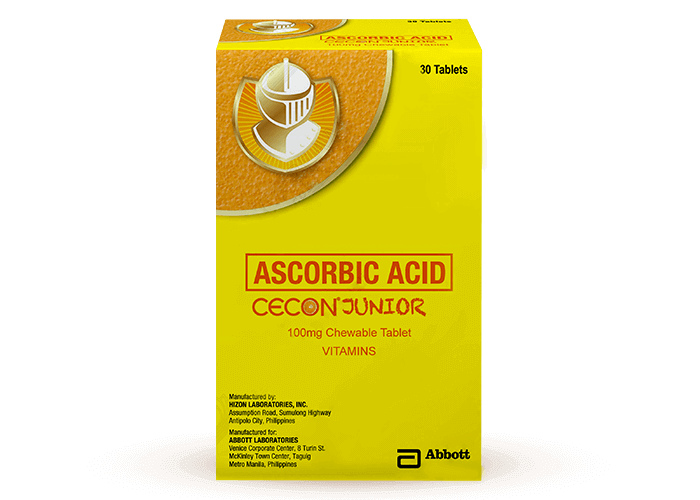
Vitamin C is essential for your child as it is required for performing normal metabolic functions of the body.1 Inadequate intake of vitamin C may lead to tooth loss, joint pain, poor wound healing and impaired immune defenses.1 Moreover, poor vitamin C during early brain development is known to impact the physical and mental growth of children.1 Therefore, you must provide adequate vitamin C so that your kid can play games, have fun with toys and enjoy recreational activities with friends.
The good news is that vitamin C is widely available in foods of both plant and animal origin.2 Include the best dietary sources of vitamin C like citrus fruits, guava, berries, tubers, green leafy vegetables, peas, beans, sweet potato, sprouts, and organ meats like liver and kidney in everyday meals.2
There are growing concerns regarding the quality of produce of fresh fruits and vegetables. The process of storage, transport and distribution of crops can result in a loss of nutritional value along the way.1
National nutrition survey in Philippines found that the nutrient intake is inadequate in children and diet is also composed of limited food sources.3 It was found that 60-90% children in Philippines consume lesser vitamin C than the estimated average requirement.3
It is worrisome! So, what can you do?
Dietary sources are inarguably the best but we cannot risk inadequate intake of vitamin C. Now you can ensure the health of your child and peace of mind for yourself by supplementing regular meals with vitamin C tablets. Vitamin C tablets like ‘Ascorbic Acid (Cecon Junior)’ are effective for the treatment and prevention of its deficiency.2 Check ‘A Guide to Meeting Your Child’s Daily Vitamin Needs’ to find the right dose of vitamin C for your child’s age.
Include the natural sources of vitamin in every day meals and supplement with vitamin C tablet to protect the health of your child.
If symptoms persist, consult your doctor.
References
1. S Maggini, S Wenzlaff, D Hornig. Vitamin C and zinc in child immunity and health. The Journal of International Medical Research. 2010; 38: 386 – 414.
2. Department of Nutrition for Health and Development at the World Health Organization (WHO). Scurvy and its prevention and control in major emergencies. WHO/NHD/99.11.
3. Denney L, Angeles-Agdeppa I, Capanzana MV, Toledo MB, Donohue J, Carriquiry A. Nutrient Intakes and Food Sources of Filipino Infants, Toddlers and Young Children are Inadequate: Findings from the National Nutrition Survey 2013. Nutrients. 2018;10(11):1730. Published 2018 Nov 11. doi:10.3390/nu10111730






